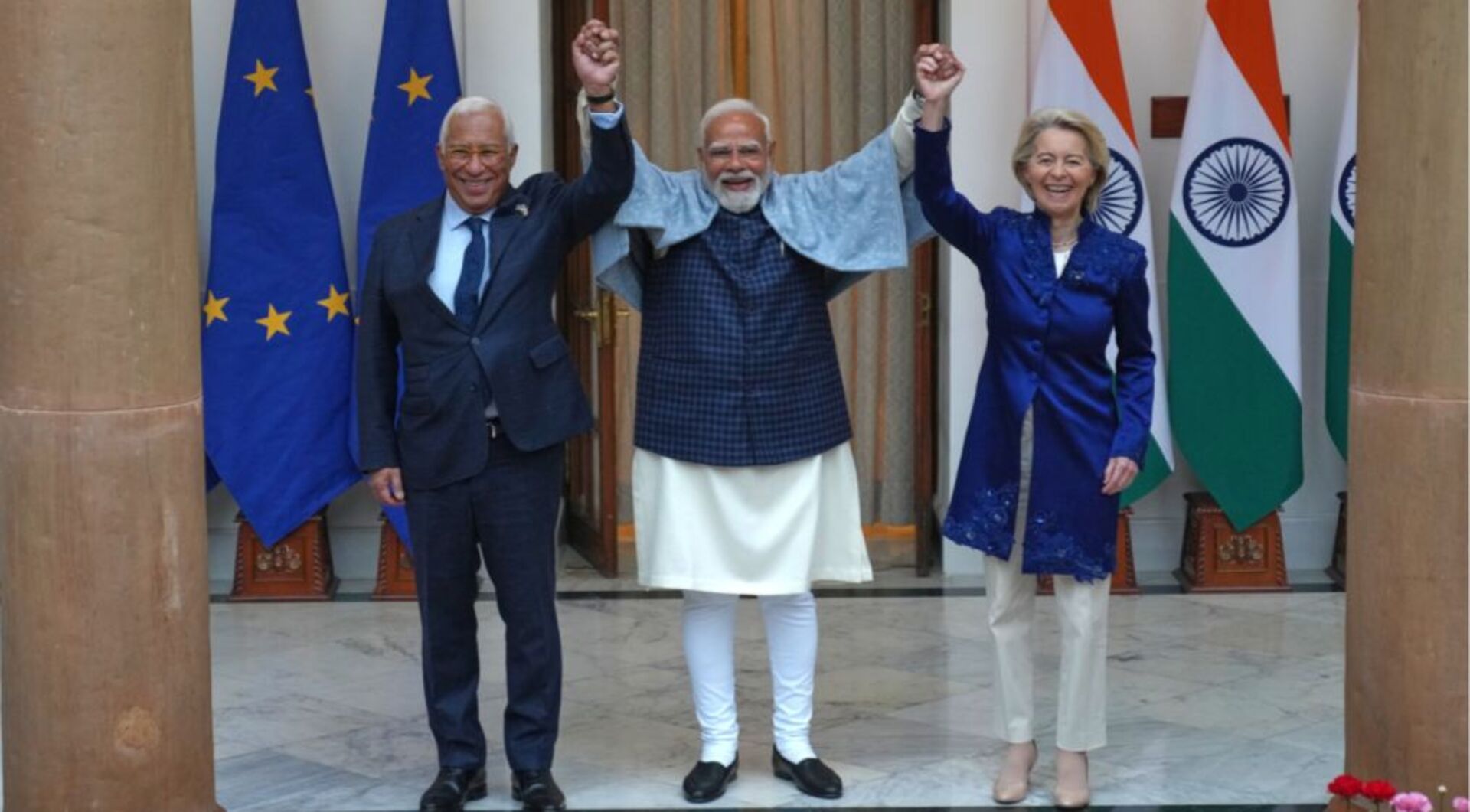Montreal, Quebec, Canada – Canadian Muslim leaders are calling for an end to Islamophobic rhetoric and fearmongering, as the country prepares to mark the nine-year anniversary of a deadly attack on a mosque in the province of Quebec.
Stephen Brown, CEO of the National Council of Canadian Muslims (NCCM), said Thursday’s anniversary is a reminder that Islamophobia in Canada “is not benign”.
Recommended Stories
list of 3 itemsend of list
“It’s something that unfortunately kills people,” Brown told Al Jazeera. “[The anniversary] forces us to remember that there’s real consequences to hatred.”
Six Muslim men were killed when a gunman opened fire at the Quebec Islamic Cultural Centre in Quebec City on January 29, 2017, marking the deadliest attack on a house of worship in Canadian history.
The assault left Quebec City’s tight-knit Muslim community deeply shaken, spurred vigils and condemnation across Canada, and shone a spotlight on a global rise in anti-Muslim hate and radicalisation.
The Canadian government denounced the shooting as a “terrorist attack” against Muslims and pledged to tackle the underlying issues.
In 2021, it announced it was designating January 29 as the National Day of Remembrance of the Quebec City Mosque Attack and Action against Islamophobia.
But Brown said he was not sure whether the lessons learned after what happened in Quebec City were being fully remembered today, nearly a decade later.
“Right after the Quebec City mosque massacre, there really was a desire in society to try to mend some of the wounds and build some bridges,” he said.
“Unfortunately, what a lot of people are seeing [now] – and especially for Muslims that live in Quebec – … is a massive return to using Islamophobia and spreading fear of Muslims for political gain.”

Laws and rhetoric
Brown pointed to a series of measures put forward by Quebec’s right-wing Coalition Avenir Quebec (CAQ) government that human rights groups say target Muslim Quebecers.
In power since 2018, the CAQ passed a law in 2019 to bar some public servants from wearing religious symbols on the job, including headscarves worn by Muslim women, Sikh turbans and Jewish yarmulkes.
The government justified the law, known as Bill 21, as being part of its push to protect secularism in the province, which in the 1960s underwent a so-called “Quiet Revolution” to break the Catholic Church’s influence over state institutions.
But rights advocates said Bill 21 discriminated against religious minorities and would have a disproportionately harmful effect on Muslim women, in particular.
As the CAQ’s popularity has plummeted in recent months, it has passed and put forward more legislation to strengthen its so-called “state secularism” model in advance of a looming provincial election later this year.
Most recently, in late November, the CAQ introduced a bill that would extend the religious symbols prohibition to daycares and private schools, among other places.
Bill 9 also bars schools from offering meals based exclusively on religious dietary requirements – such as kosher or halal lunches – and outlaws “collective religious practices, notably prayer” in public.

“Quebec has adopted its own model of state secularism,” said the provincial minister responsible for secularism, Jean-Francois Roberge.
Roberge has rejected the idea that the bill was targeting Muslim or Jewish Quebecers, telling reporters during a news conference on November 27 that the “same rules apply to everybody”.
But the Canadian Civil Liberties Association (CCLA) – which is involved in a lawsuit against Bill 21 that will be heard by the Supreme Court of Canada later this year – said Bill 9 “masks discrimination as secularism”.
“These harmful bans disproportionately target and marginalize religious and racialized minorities, especially Muslim women,” Harini Sivalingam, director of the CCLA’s equality programme, said in a statement.
According to Brown at NCCM, the Quebec government’s moves have sent “the message to society that there’s something inherently dangerous or wrong with being a visible, practising Muslim”.
He warned that, when people in positions of authority use anti-Muslim rhetoric to try to score political points, “it gives licence to those who already hold a lot of these Islamophobic views or hateful views to actually take it out on people”.
‘Hate continues to threaten’
At the federal level, Amira Elghawaby, Canada’s special representative on combating Islamophobia, said the Canadian government has shown a continued commitment to tackling the problem.
That includes through an Action Plan on Combatting Hate, launched in 2024, which has devoted millions of dollars to community groups, antifascism programmes and other initiatives.
But Elghawaby told Al Jazeera that Islamophobia has nevertheless been rising in Canada, “whether it’s through police-reported hate crimes [or] whether it’s Canadians sharing that they’re experiencing discrimination at work [and] at school”.

According to Statistics Canada, 211 anti-Muslim hate crimes were reported to police in 2023 – a 102-percent jump compared with the previous year. There was a slight increase in 2024 – the most recent year for which the data is available – with 229 incidents reported.
Elghawaby, whose office was established after another anti-Muslim attack killed four members of a single family in London, Ontario, in 2021, said the figures underscore “that hate continues to threaten Canadians”.
“Canada, despite a global reputation of being a country that welcomes people from around the world, does struggle with division, with polarisation, with the rise of extremist narratives,” she said, adding that remembering the Quebec City mosque attack remains critical.
“[The families of the men killed] don’t want the loss of their loved ones to be in vain. They want Canadians to continue to stand with them, to continue to stand against Islamophobia, and to do their part in their own circles to help promote understanding,” Elghawaby said.







